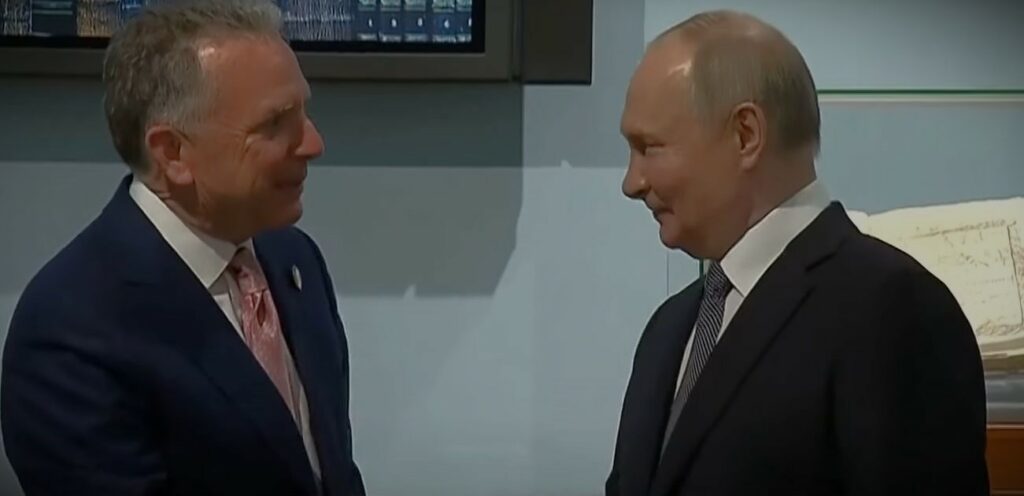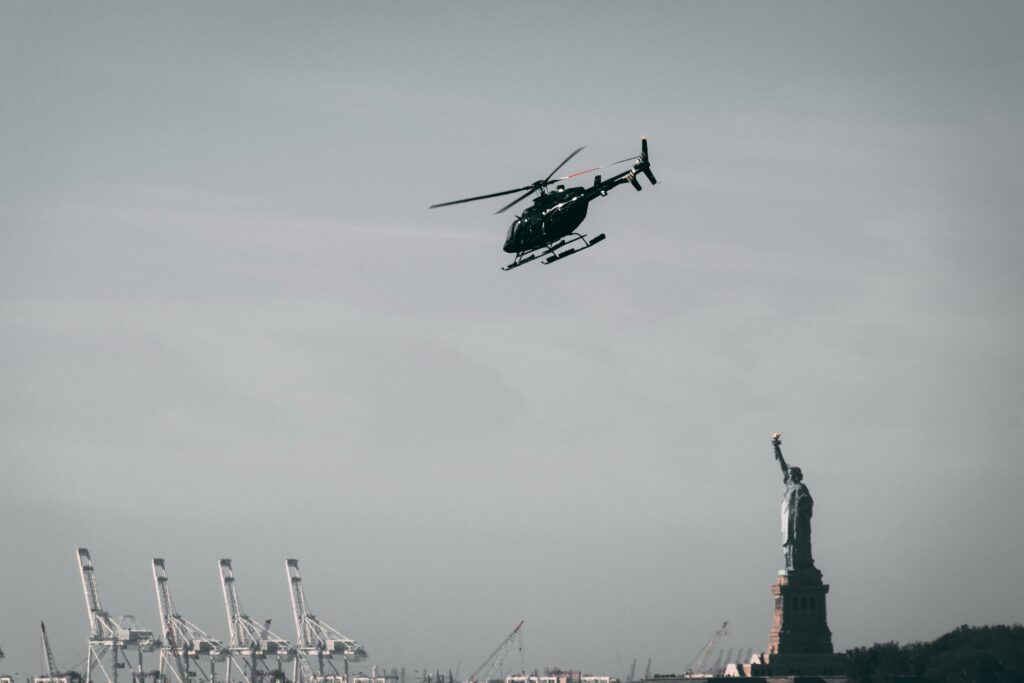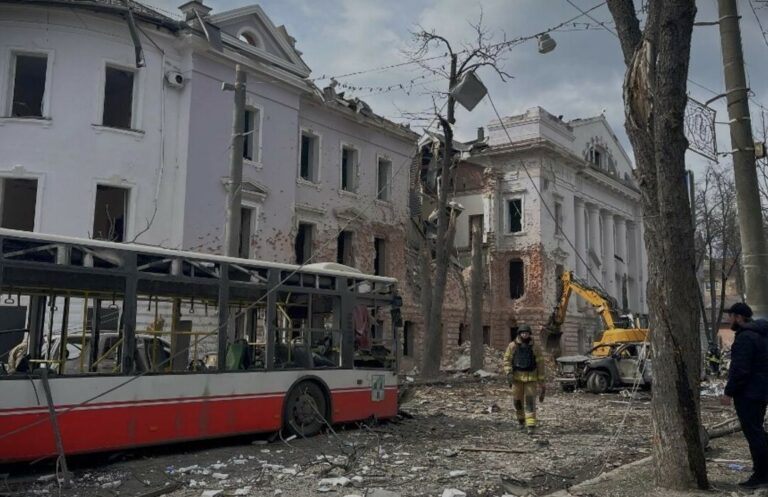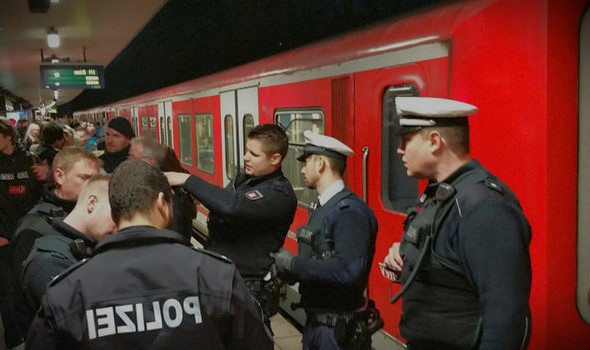
In a bold diplomatic maneuver, former President Donald Trump’s special envoy, real estate executive Steve Witkoff, traveled to Saint Petersburg this week for a confidential meeting with Russian President Vladimir Putin. The four-and-a-half-hour session marked Witkoff’s third visit to Russia in recent months, reinforcing the Trump camp’s growing efforts to position itself as a broker of peace in the grinding war in Ukraine.
Behind closed doors, Witkoff delivered a blunt message: the war must end — and soon. According to insiders, Trump is losing patience with the stalled ceasefire negotiations and has signaled a willingness to apply economic pressure on Moscow. One proposed measure includes targeted oil tariffs, should Russia be deemed uncooperative in accelerating peace talks.
The meeting, which also included Kirill Dmitriev, Putin’s envoy on international affairs, reportedly centered around proposals to freeze the front lines, establish humanitarian corridors, and open channels for international oversight. A U.S. official familiar with the briefings said Witkoff conveyed “clear urgency” from Trump, characterizing the conflict as a “catastrophic quagmire” that serves no one’s long-term interests.
Trump, who has described the war as “pointless and draining,” is seeking to differentiate his approach from the Biden administration’s strategy, which has focused heavily on arming Ukraine and isolating Russia diplomatically. Instead, Trump’s team is pushing for a negotiated settlement — a move seen by critics as premature, but by allies as pragmatic.
Despite the flurry of diplomacy, the Kremlin struck a cautious tone, describing the discussions as “constructive, yet fraught with challenges.” Moscow continues to insist that any peace plan must reflect its current control over large swaths of eastern Ukraine — a position Kyiv flatly rejects.
Meanwhile, in a sign of diverging Western strategies, European governments announced €21 billion in additional military assistance to Ukraine, reinforcing their commitment to a battlefield victory rather than a diplomatic compromise.
With tensions mounting and the global cost of the conflict rising, the Trump-Witkoff diplomatic track represents a potentially pivotal — if controversial — detour in the ongoing struggle for peace in Eastern Europe.



